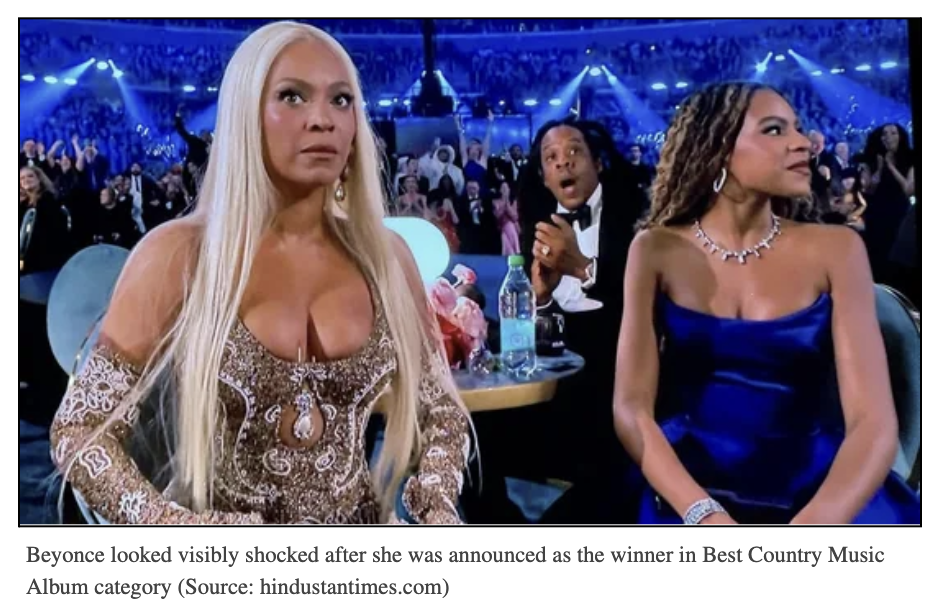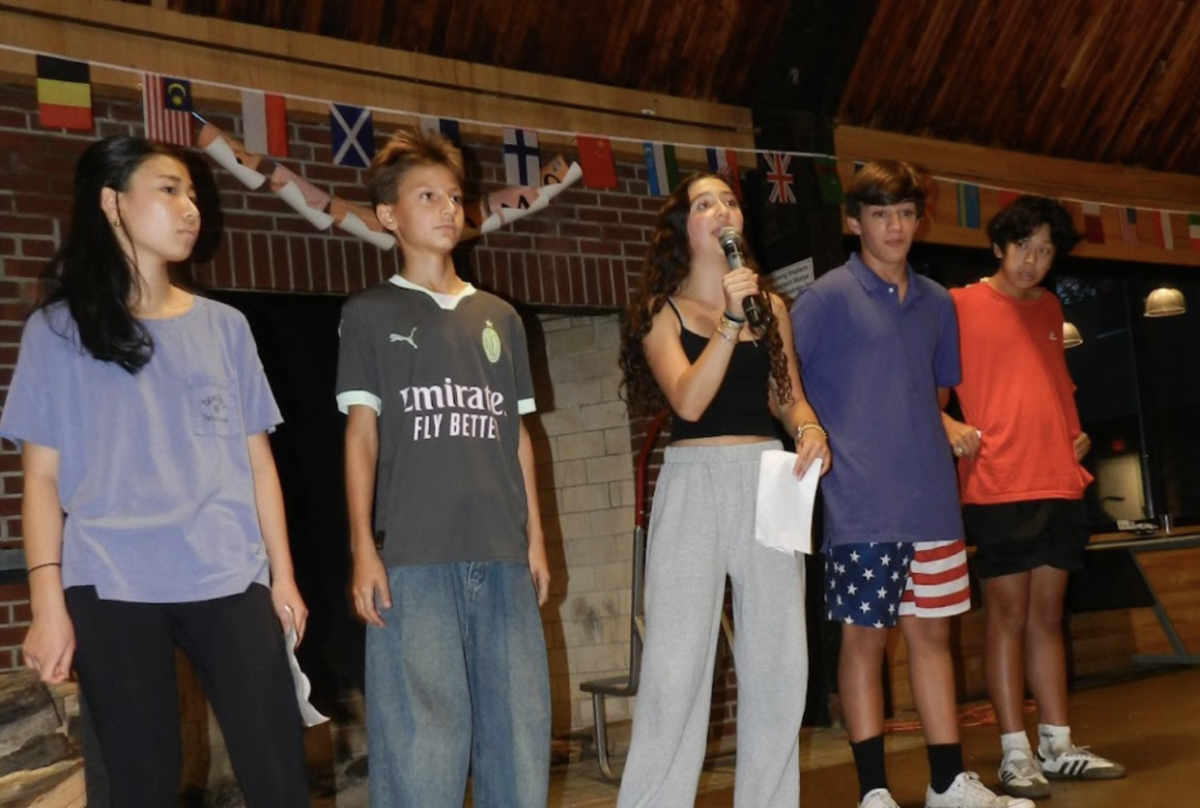Image source: Gazzetta.gr
The 2022 FIFA World Cup, held in Qatar elicited much global controversy. News organizations such as Vox accused Qatar of corruption, human rights violations, and a lack of football history. Qatar’s foreign minister went on to label the criticisms, particularly made by Europeans, as “arrogant” and “racist.” The competition brought global attention to the practice of “sportswashing,” a term defined by the Australian Human Rights Institute at the University of New South Wales as “the use of sport to redirect public attention away from unethical conduct.”
The origins of sportswashing

One of the first instances of sportswashing occurred when Italy, then under the regime of Benito Mussolini, hosted the FIFA World Cup in 1934, four years after the inaugural World Cup in Uruguay. Although Italy was required to go through the qualification process, the success of the first World Cup prompted FIFA to host the next tournament in Europe. An article from theScore notes that “Mussolini, whose appearances at matches were rapturously received, reveled in showcasing the might of Italy in front of locals and visitors from abroad.” The article also notes that the Azzurri (The Blues—Italy’s national football team) easily won the World Cup, cementing the fascist government’s standing in the world. In a 2013 CBC article, historians believed that the 1934 World Cup final, as well as the 1978 final—hosted and won by Argentina, were influenced by the authoritarian leaders of both countries.
Another example of sportswashing from this period was the 1936 Garmisch-Partenkirchen Winter Olympics and the 1936 Berlin Summer Olympics which was held under Adolf Hitler’s National Socialist (or Nazi) regime. The purpose of these events was similar to the 1934 FIFA World Cup; the regime wanted to use the Olympics to present Nazi Germany as a friendly nation to all to mask its seething anti-Semitism. According to the Imperial War Museums, during the Games anti-Semitic signs were removed. The anti-Semitic newspaper Der Sturmer was not publicly displayed, and violence against Jews, homosexuals, and Roma people temporarily decreased. However, Roma families were forced to Marzahn, on the outskirts of Berlin.
Furthermore, the regime announced that foreigners would not have to follow the country’s heavily enforced anti-homosexuality laws. Despite pressure from several countries to boycott the Games, only the Soviet Union decided not to participate. After the Games, of course, the status quo was reinstated and Nazi persecution only continued until the Allied forces defeated the Axis powers in 1945, at the end of World War II.
Sportswashing in the twenty-first century
While sportswashing is not a new phenomenon, its practice has dramatically increased since the beginning of the twenty-first century. Many nations with questionable human rights records have sponsored renowned clubs and hosted sporting events, including the Summer and Winter Olympics, the FIFA World Cup, and the UEFA Champions League Finals. According to the House of Lords Library, news aggregation has shown that the use of the word “sportswashing” by media outlets has risen around 11,665 percent in five years, from 51 mentions in 2018 to 6,000 in 2023. In an article for The Guardian, investigative journalist Karim Zidan described 2022 as “sportswashing’s biggest year” as both the World Cup and the Winter Olympics were held in countries with poor human rights records. Again, according to The Guardian, Saudi Arabia alone has spent over US$6.3 billion on sportswashing since early 2021.
Nevertheless, it is noteworthy that this phenomenon has received more scrutiny than ever before as sportswashing efforts increase. Some sportswashing efforts have been canceled due to backlash from both the public and athletes. A prime example of this was Visit Saudi’s proposed deal to become a sponsor of the 2023 Women’s World Cup held in Australia and New Zealand. The reversal of the deal made history as it was the first time FIFA had ever canceled a sponsorship, according to Minky Worden — Director of Global Initiatives at Human Rights Watch. The federations of the host countries and high-profile footballers such as Alexandra Popp of Germany and the US’ Alex Morgan condemned FIFA’s choice. Thousands of Australian women signed a petition to stop the deal, believing that a state-sponsored entity of a country that places draconian laws on the behavior of women should not sponsor a sports tournament for women. Human rights organizations, such as Amnesty International and Human Rights Watch, have argued that sport as a tool to cover or perpetuate human rights violations must not be ignored.
We should be worried about the effects of sportswashing
Whether you are a die-hard aficionado or not, most people agree that a vital part of sports is the organization of the ceremony and games. Yet, as more countries seek to use sports to win allies and improve their images, their financial might and political clout should not be used to sportwash their poor human rights records. Sports will always be intertwined with politics. All states, democratic or authoritarian, use them to bolster their images and ideologies. However, as sportswashing will only continue in our increasingly multipolar world, we must condemn the use of sport to diminish shared global values, such as equality and respect for one another, by continuing to stay informed.
Several human rights organizations are working to condemn and support the end of sportswashing, such as the Sports and Rights Alliance and the Human Rights Foundation.






















